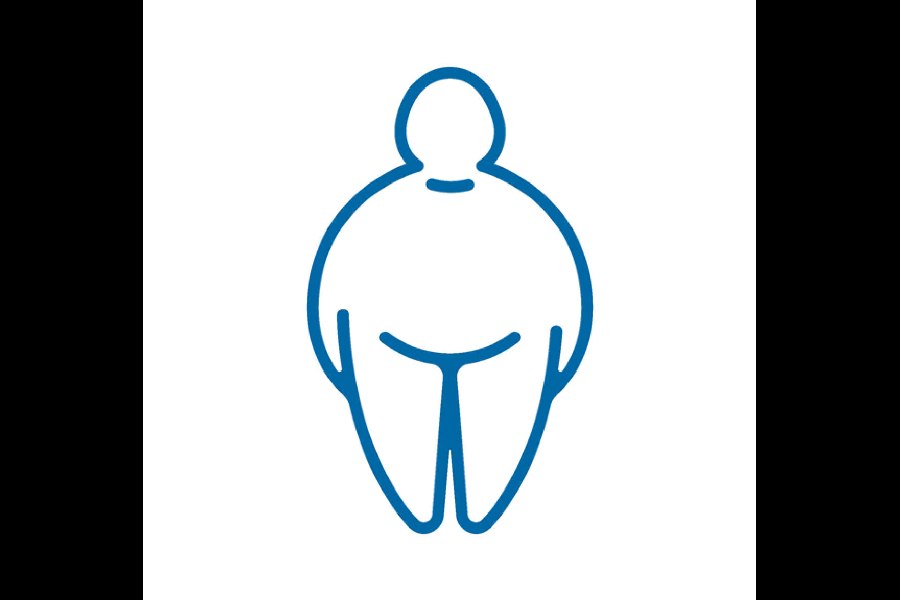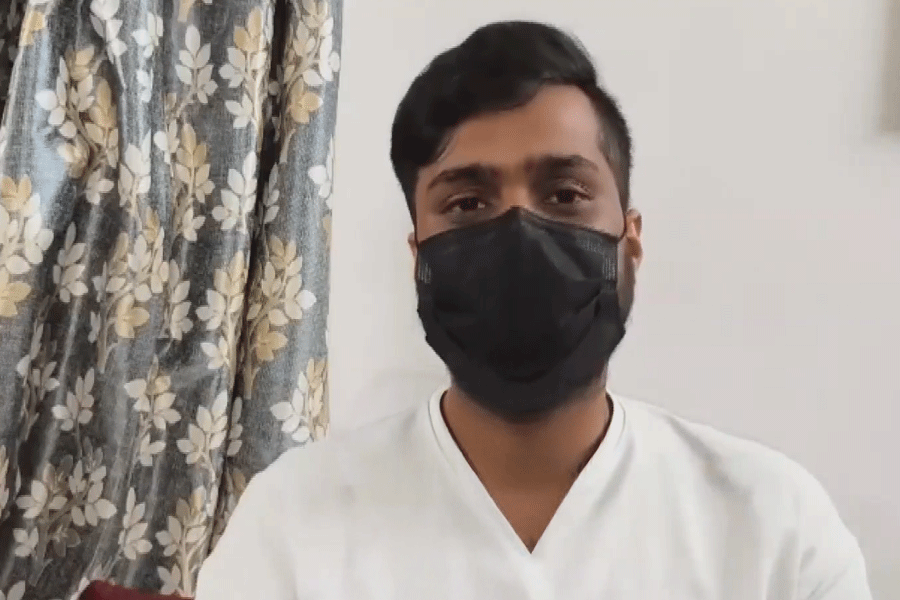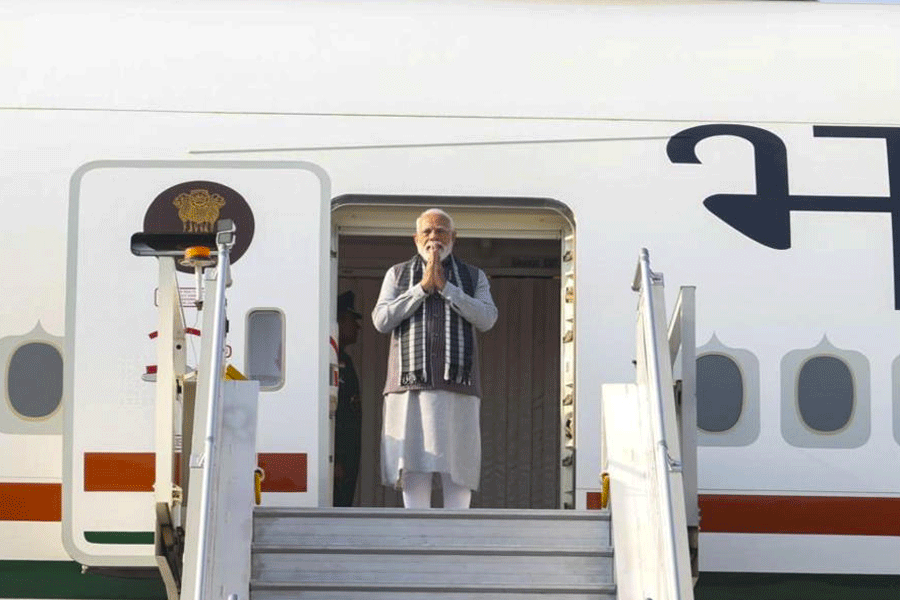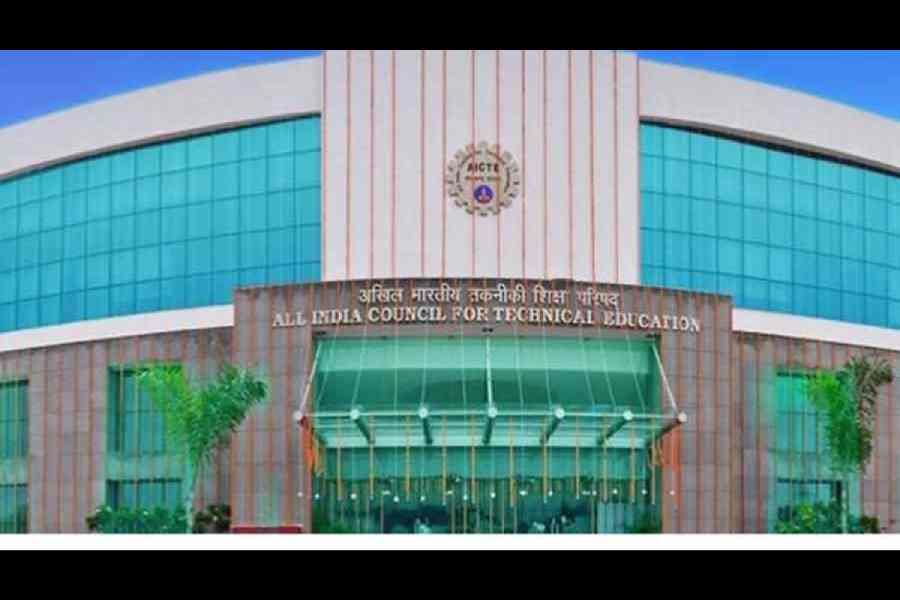Patients who undergo bariatric surgery lose nearly five times more weight than those on weight-loss medications, researchers said on Tuesday, reporting what they describe as the first real-world head-to-head comparison of the two strategies.
Their study, presented at the annual scientific meeting of the American Society for Metabolic and Bariatric Surgery (ASMBS), found that patients who underwent bariatric surgery lost an average of 26kg, about 24 per cent of their body weight, over two years.
In contrast, those who took medications such as semaglutide or tirzepatide for at least six months lost 5.4kg on average, or 4.7 per cent of their body weight. Patients who stayed on the drugs for a full year had an average weight loss of 7 per cent.
Semaglutide and terzepatide belong to a class of drugs called GLP-1 receptor agonists that can help people lose weight by mimicking natural hormones that reduce hunger, slow digestion and promote a sense of fullness.
"Clinical trials show weight loss between 15 per cent and 21 per cent for GLP-1s,” said Avery Brown, a surgery resident at the New York University Langone Health hospital and the study's lead author. "But this study suggests that weight loss in the real world is considerably lower even for patients who have active prescriptions for a year," Brown said in a media release issued by the ASMBS.
Although the study involved data from US patients, experts say its findings are relevant to countries like India where obesity rates are rising and demand for both surgery and medications is growing.
“These results are important — they appear to be the first quantified real-world comparisons of the two weight-loss strategies,” said Sandeep Aggarwal, a bariatric surgeon and former professor at the AIIMS, New Delhi, now with Manipal Hospital.
A Union health ministry nationwide survey in 2019-21 had found 24 per cent of women and 23 per cent of men were overweight or obese. Health experts have attributed expanding obesity to high-calorie and low-nutrient diets, physical inactivity, processed and ready-to-eat foods and a growing culture of eating out.
The study, based on electronic medical records from over 51,000 US patients treated between 2018 and 2024, compared outcomes among those who had undergone sleeve gastrectomy or gastric bypass and those prescribed semaglutide or tirzepatide.
Aggarwal said the findings could help doctors and patients decide between medications and bariatric surgery — either sleeve gastrectomy, which removes part of the stomach, or gastric bypass, which reroutes the digestive tract to reduce calorie absorption.
While both options lead to weight loss, the researchers said future studies will explore how to improve outcomes with GLP-1s, identify which patients benefit most from each strategy, and assess the role of out-of-pocket costs in treatment success.
Costs, Aggarwal said, often influence patients’ choices. A bariatric surgery procedure in a corporate hospital could cost around ₹300,000, while GLP-1 medications may cost up to ₹200,000 over 18 months.
Doctors continue to recommend diet and exercise as first-line approaches. But Aggarwal noted that patients with a body mass index (BMI) over 28 often struggle to lose significant weight through lifestyle changes alone and may need medications or surgery.
Ann Rogers, president of the ASMBS and not involved in the study, said the findings reinforce that while both treatments work, surgery appears “more effective and durable”.
"Those who get insufficient weight loss with GLP-1s or have challenges complying with treatment due to side-effects or costs should consider bariatric surgery as an option,” she said.










